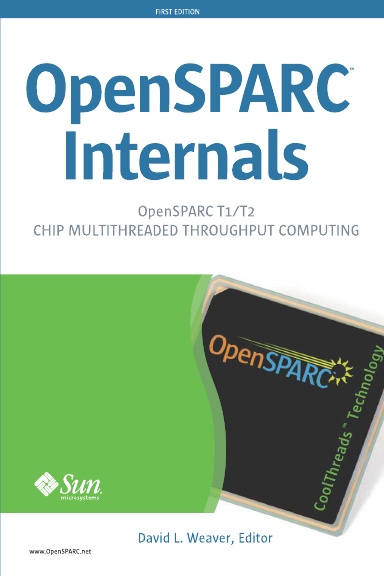The compiler pragmas:
#pragma no_side_effect(routinename) #pragma does_not_write_global_data(routinename) #pragma does_not_read_global_data(routinename)
are used to tell the compiler more about the routine being called, and enable it to do a better job of optimising around the routine. If a routine does not read global data, then global data does not need to be stored to memory before the call to the routine. If the routine does not write global data, then global data does not need to be reloaded after the call. The no side effect directive indicates that the routine does no I/O, does not read or write global data, and the result only depends on the input.
However, these pragmas should not be used on routines that throw exceptions. The following example indicates the problem:
#include <iostream>
extern "C"
{
int exceptional(int);
#pragma no_side_effect(exceptional)
}
int exceptional(int a)
{
if (a==7)
{
throw 7;
}
else
{
return a+1;
}
}
int a;
int c=0;
class myclass
{
public:
int routine();
};
int myclass::routine()
{
for(a=0; a<1000; a++)
{
c=exceptional(c);
}
return 0;
}
int main()
{
myclass f;
try
{
f.routine();
}
catch(...)
{
std::cout << "Something happened" << a << c << std::endl;
}
}
The routine "exceptional" is declared as having no side effects, however it can throw an exception. The no side effects directive enables the compiler to avoid storing global data back to memory, and retrieving it after the function call, so the loop containing the call to exceptional is quite tight:
$ CC -O -S test.cpp
...
.L77000061:
/* 0x0014 38 */ call exceptional ! params = %o0 ! Result = %o0
/* 0x0018 36 */ add %i1,1,%i1
/* 0x001c */ cmp %i1,999
/* 0x0020 */ ble,pt %icc,.L77000061
/* 0x0024 */ nop
However, when the program is run the result is incorrect:
$ CC -O t.cpp $ ./a.out Something happend00
If the code had worked correctly, the output would have been "Something happened77" - the exception occurs on the seventh iteration. Yet, the current code produces a message that uses the original values for the variables 'a' and 'c'.
The problem is that the exception handler reads global data, and due to the no side effects directive the compiler has not updated the global data before the function call. So these pragmas should not be used on routines that have the potential to throw exceptions.




No comments:
Post a Comment